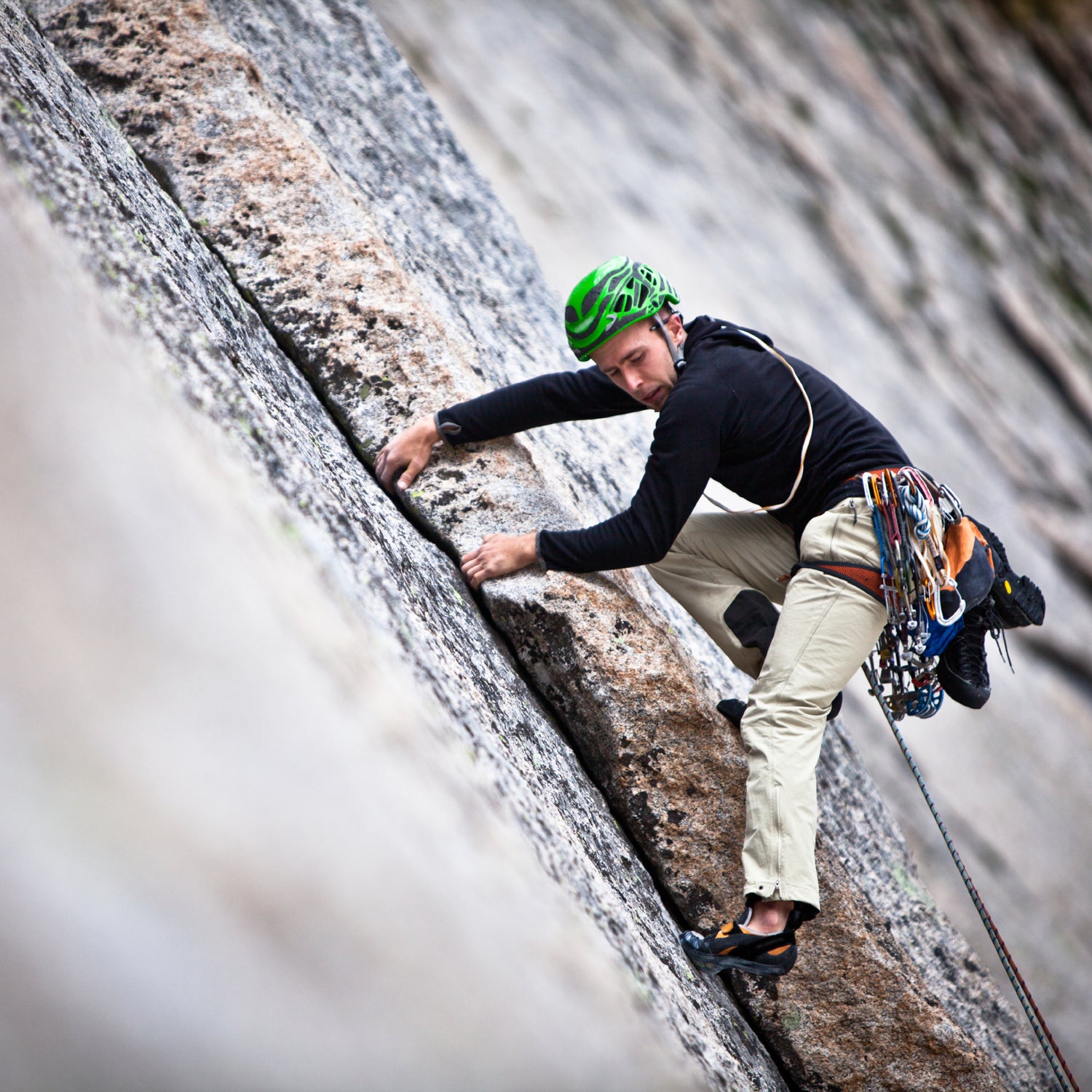We are not alone. Our bodies are home to trillions of tiny tenants, the majority of which live inside our intestines. These beneficial microorganisms, or microbes, are the gatekeepers of our guts; they break down our food and are thought to help regulate immunity.
Probiotics are “good bugs.” Countless products now advertise that they contain probiotics, whether in capsules, yogurts, or kombucha. The $1.5 billion industry has grown 23 percent since 2013, . And now probiotic products are being marketed to athletes. , for example, claims to have “the first probiotic engineered for the competitive athlete” that will do everything from prevent sickness and speed up recovery, to help athletes win their next race.
But scientists who study microbes warn those claims are overhyped.
“I’m not aware of any products on the market with mechanistic support for increased athletic performance or immune function,” says Peter Turnbaugh, assistant professor of microbiology and immunology at University of California, San Francisco. “The former claim is controversial to even link to the microbiome at all, whereas the latter has been well studied, but is in early stages of clinical development.”
“We’re dealing with organisms that are intimately involved in our own function. What’s healthy for you may not be healthy for me.”
There are a few studies, however, that suggest probiotics may lend an athletic advantage. from the University of Otago, New Zealand, reported that rugby players taking daily probiotics tended to have a lower number of sick days compared to athletes on a placebo.
“The results are interesting,” Turnbaugh says. But there are a lot of caveats: “small sample size, small magnitude of effect, and just one measurement that reached statistical significance. It’s also not clear what the possible mechanism might be, and why those strains in particular (Lactobacillus gasseri, Bifidobacterium bifidum, and B. longum) would impact immunity.”
Even some of the claims made by “germ experts” are bogus, says Jonathan Eisen, a professor of microbiology at the University of California, Davis. Scientists, he adds, often “oversell” their results by making misleading or unsupported claims.
Take a from University of Cork in Ireland that found professional rugby players had a greater diversity in microbes compared to healthy controls. The study’s authors wrongly interpreted their results as evidence that exercise boosts diversity of gut bacteria. It was a mistake of mixing up correlation and causation, and the media followed suit, as Eisen wrote on his blog “.”
The biggest issue scientists currently have with probiotics, however, doesn’t have to do with athletes. Instead, it has to do with the initial hypothesis that we need them in the first place, says Ellen Silbergeld, a professor of Johns Hopkins Bloomberg School of Public Health. Because there’s still no real understanding of what makes “healthy” or “poor” microbiomes, there’s no real understanding of how or if we should cultivate them.
“We’re dealing with organisms that are intimately involved in our own function. What’s healthy for you may not be healthy for me,” she says. There also exists huge variability between individuals; each of our microbiomes is as unique as a fingerprint.
She’s also skeptical that a mere few billion live bacteria in a probiotic product is enough to cause any significant or permanent change—that is, if they live long enough to stomach acid and stick to intestinal walls.
A mature microbiome is pretty resilient, having grown with us over time like our immune systems, and, unless you’re a newborn, contains trillions of bacteria of hundreds of different species, Silbergeld explains. “As you might expect, after taking antibiotics, the microbiome bounces back,” she says. “If you push on that system, unless you really push (like a ), it’s going to come back to a place where it’s happy.”
The bottom line is that popping probiotics probably won’t give you a stronger gut or help you win any medals, Silbergeld says. We do know, however, that our microbiomes deserve as much respect as any organ. So she warns against overuse of antibiotics and antimicrobials, such as in drinking water or in soaps and toothpaste, which can temporarily decimate good microbes along with the bad.
That said, go ahead and enjoy your favorite “foods rich in microbes”—such as fermented foods including cheese, kimchi, and kefir—or “decent food for microbes” like fibrous fruits and vegetables. They may not make you a better athlete, but they’re still very nutritious.


